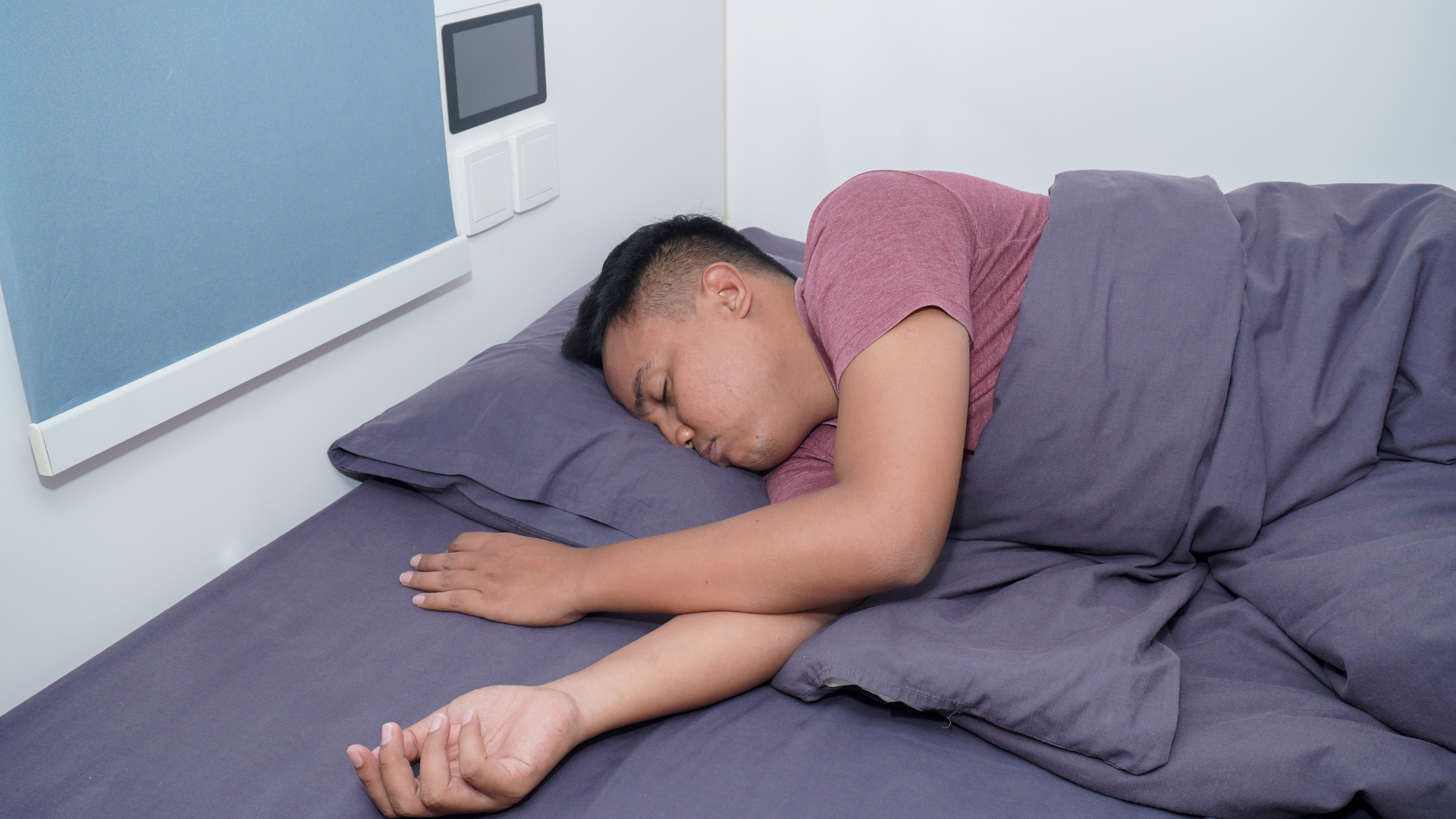In today’s fast-paced world, many people sacrifice sleep to meet work deadlines, social obligations, or binge-watch their favorite shows. However, chronic sleep deprivation leads to a phenomenon known as sleep debt. But what exactly is sleep debt, and how does it affect your health? This article explores the causes, consequences, and ways to recover from sleep debt while incorporating proven insomnia treatment strategies.
What Is Sleep Debt?
Sleep debt refers to the cumulative effect of consistently getting less sleep than your body requires. If you need 7-9 hours of sleep per night but only get 5-6 hours, the missing hours accumulate, leading to a sleep deficit.
Recommended Sleep Duration by Age Group
| Age Group | Recommended Sleep Duration |
| Infants (4-12 months) | 12-16 hours (including naps) |
| Toddlers (1-2 years) | 11-14 hours (including naps) |
| Children (3-5 years) | 10-13 hours (including naps) |
| Teenagers (13-18 years) | 8-10 hours |
| Adults (18-64 years) | 7-9 hours |
| Seniors (65+ years) | 7-8 hours |
When you repeatedly fail to meet these sleep requirements, you accumulate sleep debt, which negatively impacts various aspects of your health.
Effects of Sleep Debt on Health
Chronic sleep debt leads to both short-term and long-term consequences, affecting physical, mental, and emotional well-being.
1. Cognitive Impairment & Poor Concentration
Lack of sleep affects your brain’s ability to function effectively, leading to:
- Difficulty focusing and learning new information
- Slower reaction times (risk of accidents increases)
- Poor decision-making abilities
2. Weakened Immune System
Sleep deprivation weakens immunity, making you more susceptible to infections like colds and flu.
3. Increased Risk of Chronic Diseases
Prolonged sleep deprivation is linked to various health issues, including:
- Heart disease: Increased risk of high blood pressure and stroke
- Diabetes: Poor insulin regulation and higher blood sugar levels
- Obesity: Disrupted hunger hormones leading to weight gain
4. Mental Health Issues
Sleep debt contributes to mood disorders, including:
- Anxiety and depression
- Irritability and mood swings
- Increased stress levels
5. Hormonal Imbalance & Metabolism Disruptions
Lack of sleep disrupts key hormones such as:
- Melatonin (essential for sleep regulation)
- Cortisol (stress hormone increases, leading to anxiety)
- Leptin & Ghrelin (hunger hormones, leading to increased appetite)
How to Recover from Sleep Debt?
The good news is that sleep debt can be repaid with proper sleep management techniques. Here’s how you can recover:
1. Prioritize Sleep Hygiene
Good sleep hygiene plays a crucial role in insomnia treatment and preventing sleep debt. Follow these tips:
- Maintain a consistent sleep schedule (same bedtime and wake-up time daily)
- Avoid blue light exposure from screens before bedtime
- Keep your bedroom cool, dark, and quiet
- Use relaxation techniques like deep breathing or meditation
2. Take Power Naps Wisely
Short naps of 10-20 minutes can boost alertness without interfering with nighttime sleep. Avoid napping for more than 30 minutes to prevent grogginess.
3. Catch Up on Sleep Gradually
If you have accumulated sleep debt, don’t try to recover in one night. Instead, add an extra 1-2 hours of sleep per night over several weeks.
4. Consider Natural Sleep Aids
Using natural remedies can help treat insomnia and sleep debt, such as:
- Melatonin supplements (consult a doctor before use)
- Herbal teas like chamomile and valerian root
Magnesium-rich foods (bananas, nuts, spinach)






